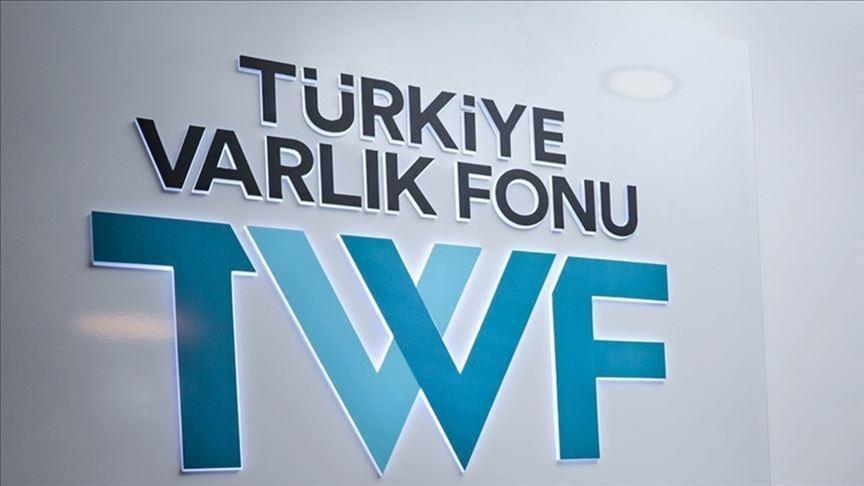Greek Cypriot press and Anastasiades
France played a significant role in the Western aspirations and development of the Turkish reform movement for almost two centuries up until its influence was replaced with an Anglo-American one, as Turkey joined the North Atlantic Treaty Organization (NATO) in 1952. Thus, the influence of France in the shaping of media in Turkey was immense.
Contrary to the Anglo-Saxon concept of journalism that builds a wall between news and commentary, analysis or evaluation, in the French perception news and analysis as well as personal evaluations, commentary intertwined in French journalism. While I might define it as “news contaminated with individual obsessions and perceptions,” many people might consider Anglo-Saxon journalism as “boring, dry and confusing.”
During the last more than two centuries of the Ottoman Empire, Paris was one of the most loved destinations for “self-exiled” Turkish intellectuals. Thus, it was normal, that very much like the late Ottoman literature, media started and prospered under strong French influence. The intertwined presence of commentary and news in news stories, particularly in headlines in the Turkish press, is perhaps the result of the French tradition of presenting developments to the reader in perspective with highly respected in-depth analyses.
Cyprus is no different from this situation. Like the Greek press, the Greek Cypriot press is very much in line with the French model, yet reflecting the notion of democratic perception -- not only the media has been trying to avoid an impression of being “master’s voice,” it is wanted to conform with the democratic task of “informing the public.” In the Turkish Cypriot press, there were serious “party journalism” situations, which were widely seen in the Turkish media up until the 1960s and then for a period during the Motherland Party era with the Petek newspaper experience in the 1980s. Of course, journalists who are committed to news and journalism continue their professions with an “outlier” but “respectable” status, as they have always done in every period.
Nevertheless, when the Greek Cypriot press is carefully evaluated, we often see that both the state and the power groups have been very successful in conveying their plans and strategies to the reader, often openly and secretly in between the lines on sensitive issues. The 75-year-old Cyprus Mail, for example, is the oldest and most conservative-nationalist newspaper in the Greek Cypriot media, but in its critical and personal opinion reports, it relentlessly criticizes the actions of Nicos Anastasiades and his government while at the same time offering the right strategy openings in its own way. It can also represent the center or far-right political formations consisting of two large conservatives and many smaller parties and groups.
In an editorial this weekend titled “Our View: Anastasiades has plunged the Cyprus issue into a dead end,” Cyprus Mail accused the Greek Cypriot leader of ruthlessness, incompetence, shallowness and real responsibility for getting the Cyprus issue to the stage where a two-state solution could be proposed by the Turkish side through his running away from the table in Crans-Montana in 2017. The paper said though across him was sitting a Turkish Cypriot leader with a federation perspective, Anastasiades just withdrew from talks and made the Crans-Montana process collapse. Of course, not only did Cyprus Mail place the burden of the collapse of Crans-Montana talks on Anastasiades but presented a lengthy summary of how he killed that process. Of course, while the Greek Cypriot leader complained of putting Turkey and the Turkish Cypriot leader in a dead-end with the proposal for a two-state solution, it said, “Why did you avoid federation talks in 2017 when all your demands were almost met?”
It continued: “In Geneva, [Turkish Foreign Minister Mevlüt] Çavuşoğlu reminded Anastasiades of the conversation they had in Crans-Montana in which he allegedly said the Greek Cypriots would never agree to share power with the Turkish Cypriots. Çavuşoğlu even produced a document, circulated in Crans-Montana by Anastasiades, rejecting the rotating presidency, and therefore, political equality. We can blame Turkey’s unwavering position on sovereign equality and a two-state solution for the current deadlock but a leader who allowed this development to happen, by spurning the opportunity for a federal settlement when it was on offer, must take responsibility. …Anastasiades has led us to this dead end, but he will carry on playing the blame game and conducting international campaigns to report Turkey’s intransigence, because our leaders never take any responsibility for their actions, especially on the Cyprus problem.”
Cyprus Mail has been a conservative-nationalist newspaper as Anastasiades has been a conservative politician. That did not prevent the paper from trying to fulfill its fundamental task of informing the public correctly.











